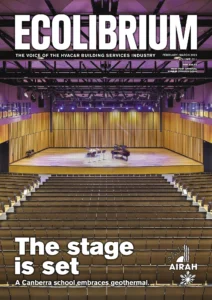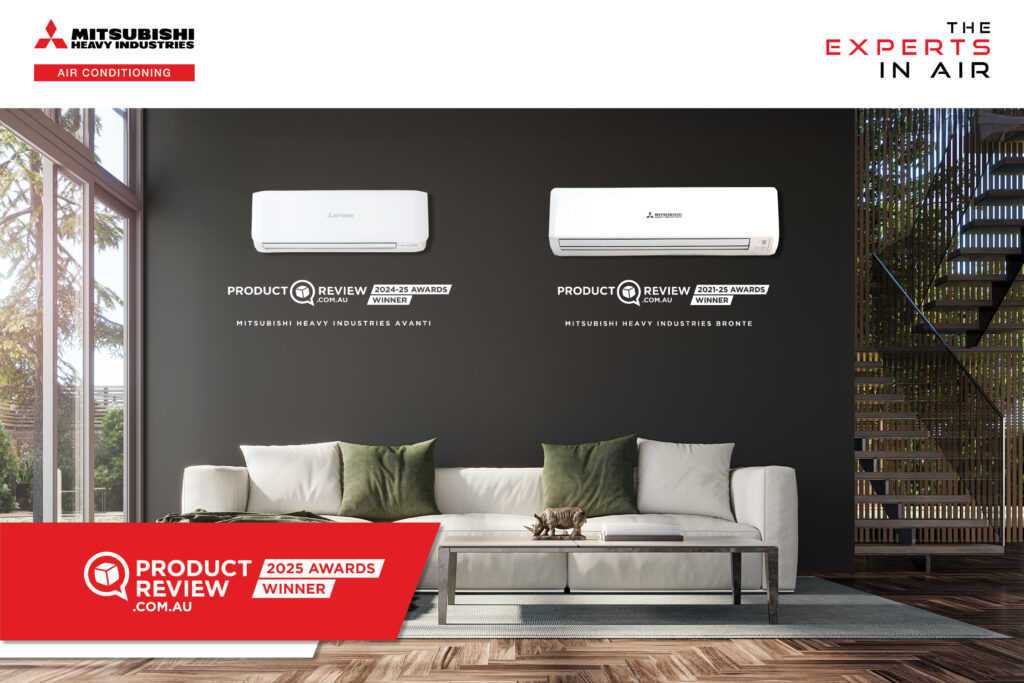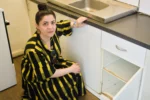Cost v sustainability

Well, it’s a little late, but I hope that you have had the opportunity to take a well‑earned break over the summer. Let’s face it: in January the construction industry usually grinds to a halt, and just about everybody you’re trying to reach is away. We all need the chance to rest and recharge.
What will 2023 bring? As I outlined in previous columns, I have labelled 2022 as a year of transition – transition from the global pandemic and all the restrictions associated with it, back to normal or to the “new normal” – whatever that may be.
In travelling to and from the eastern states to my home in WA, I am surprised by how busy the airports and flights are. This is a good thing, as it will raise confidence in uncertain times.
Of course, it’s also a double‑edged sword, because air travel is astonishingly emissions intensive.
And as most readers would be aware, sustainability is an important focus for me.
At long last we do appear to be heading in the right direction, albeit slowly.
“I see some form of government subsidy as being the path to achieving a better outcome. And I believe this will come; it’s already happening in other parts of the world i the form of energy-efficiency ratings, which are required at the time of sale or transfer”
One area of continuing concern is the residential sector, which is lagging behind the commercial sector. Why is this? As is often the case, cost plays an enormous part.
Although the commercial sector can fund to meet its targets, any changes to the homes that we all live in are reliant on the ability and appetite of owners to meet the cost. We’re talking about up-front costs here, of course – elements such as double glazing, insulation, proper sealing and external shading to name a few.
I see some form of government subsidy as being the path to achieving a better outcome.
And I believe this will come; it’s already happening in other parts of the world in the form of energy efficiency ratings, which are required at the time of sale or transfer.
The changes that are needed in the residential sector will also likely be pushed by the rising cost of energy. So although at first glance the increased cost around constructing residential buildings appears to be a negative, ultimately it will be a positive, not only for us but also for the environment that we all live in.
This year I intend to get out and about more, and will hopefully attend a few AIRAH events in all states. I look forward to meeting many of the AIRAH members in person.

This article appears in Ecolibrium’s February-March 2023 edition
View the archive of previous editions
Latest edition
See everything from the latest edition of Ecolibrium, AIRAH’s official journal.





